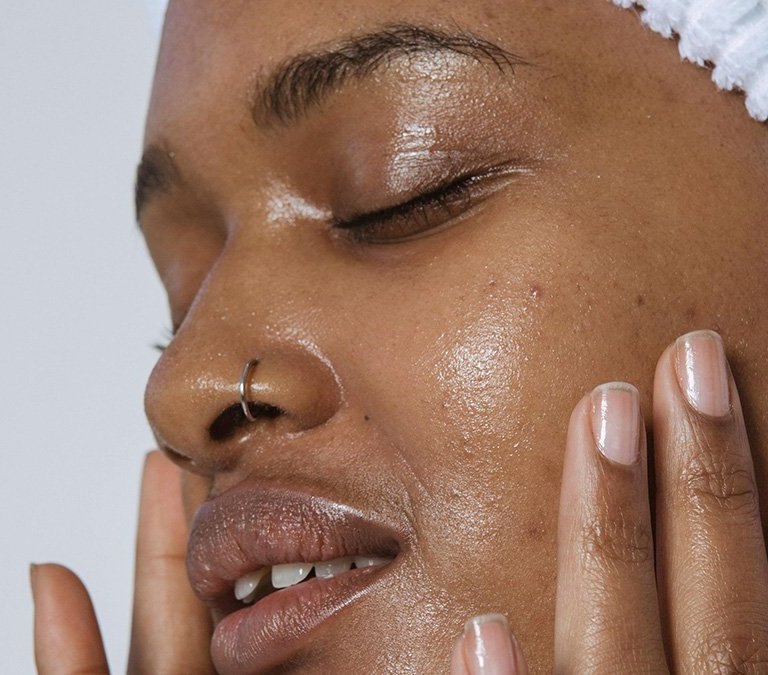By Michelby Whitehead
With all the reality TV stars getting pregnant this year, the glow of motherhood looks so appealing! But what about the other stuff we don’t talk about, like hyperpigmentation, and hormonal acne?
Here are some of the most common flare-ups your skin will face when you have a bun in the oven, according to the American Pregnancy Association.
Problem: Stretch Marks
Stretch marks are one of the most talked about skin changes that can occur during pregnancy. Almost 90% of pregnant women will experience stretch marks. Stretch marks appear as pinkish or reddish streaks running down your abdomen and/or breasts.
Solution:
Exercising and applying lotions that contain vitamin E and alpha-hydroxy acids have been found to help in the prevention of stretch marks. These remedies have not been medically proven to have a direct effect on stretch marks, but it never hurts to try. If you find that nothing is working for you, take comfort in knowing that these streaks will likely fade to silvery faint lines after delivery.
Problem: Mask of Pregnancy
“Mask of pregnancy” is also referred to as melasma and chloasma. Melasma causes dark splotchy spots to appear on your face. These spots most commonly appear on your forehead and cheeks, and are a result of increased pigmentation. When you become pregnant, your body produces more hormones, which causes an increase in pigmentation. Nearly 50% of pregnant women show some signs of the “mask of pregnancy.”
Solution:
To prevent “mask of pregnancy” from happening to you, wear a good sunscreen that is at least SPF 15 whenever you plan on being outside. You can also wear your favorite ball cap to protect your face from the sun. Your skin is extra sensitive, and exposure to the sun increases your chances of these dark spots showing up on your face.
Problem: Pimple Breakouts and Acne
If you have a problem with acne already, your acne may get worse during pregnancy. The extra hormones in your body can cause your oil glands to secrete more oil, which can cause breakouts.
Solution:
It is important to keep a strict cleansing routine. You can start with a simple over-the-counter face soap, and opt for a fragrance-free soap to avoid nausea. Cleanse your face every night and every morning. Washing your face more than this can cause your skin to become dry. Next, use an astringent to remove any remaining oil. Stay away from any medicated astringents designed to target acne as they may contain ingredients that are not recommended for pregnant women. Finally, use an oil-free moisturizer. If you find that you are having problems with acne, consult with your health care provider on acne treatment during pregnancy.
What skin issues did you face during your pregnancy?
Photo by Anthony Tran on Unsplash
Skin Changes During Pregnancy




